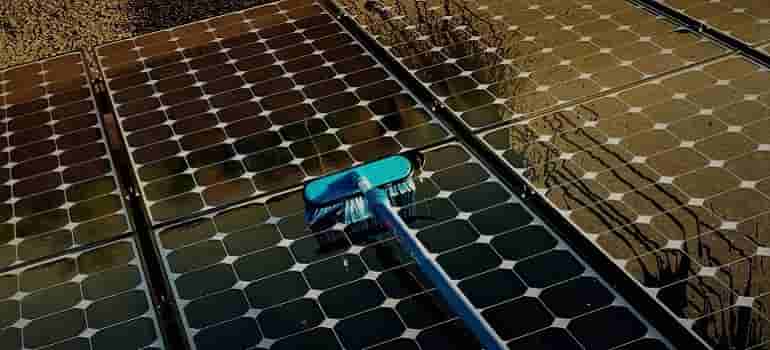Solar panels rely on sunlight to generate electricity, but pollution can significantly reduce their efficiency. Air pollution, specifically particulate matter and smog, can obscure sunlight and decrease the amount of energy a solar panel can produce.
Particulate matter, such as dust, dirt, and soot, can accumulate on the surface of solar panels, reducing their ability to absorb sunlight. This effect is known as “soiling” and can decrease a panel’s output by up to 30%. Smog, a mixture of pollutants such as nitrogen oxides and sulfur dioxide, can also decrease a panel’s efficiency by scattering sunlight and making it less intense.
Water pollution can also affect solar panels, as dirty water can leave mineral deposits and stains on the surface. This can decrease a panel’s efficiency and make it more difficult to clean.
In addition to reducing the efficiency of solar panels, pollution can also accelerate their degradation. Pollutants in the air can corrode the materials used in solar panels, causing them to degrade more quickly.
To mitigate the effects of pollution on solar panels, regular cleaning and maintenance is important. This can include washing the panels with clean water, as well as protecting them with coatings that repel dirt and pollution. Additionally, installing solar panels in areas with lower pollution levels can also help to increase their efficiency.
In conclusion, pollution has a significant effect on the efficiency of solar panels. It can reduce the amount of energy they produce, and accelerate their degradation. Regular cleaning and maintenance, as well as installing solar panels in areas with lower pollution levels, can help to mitigate these effects.

